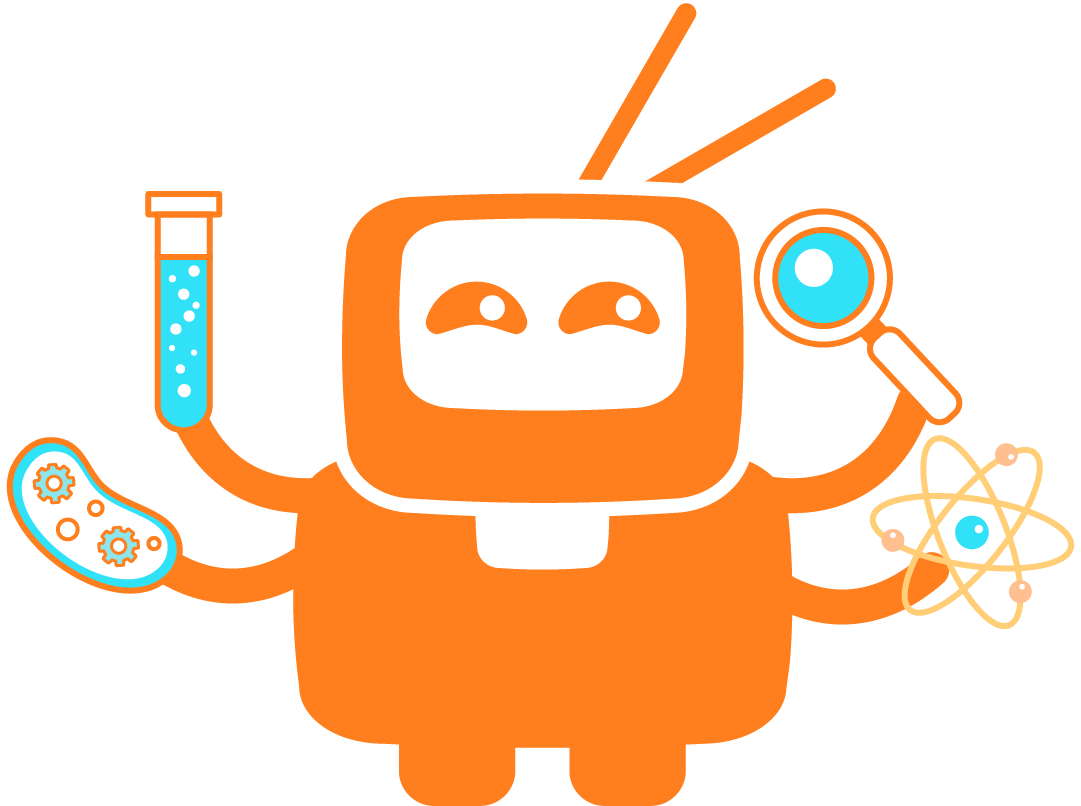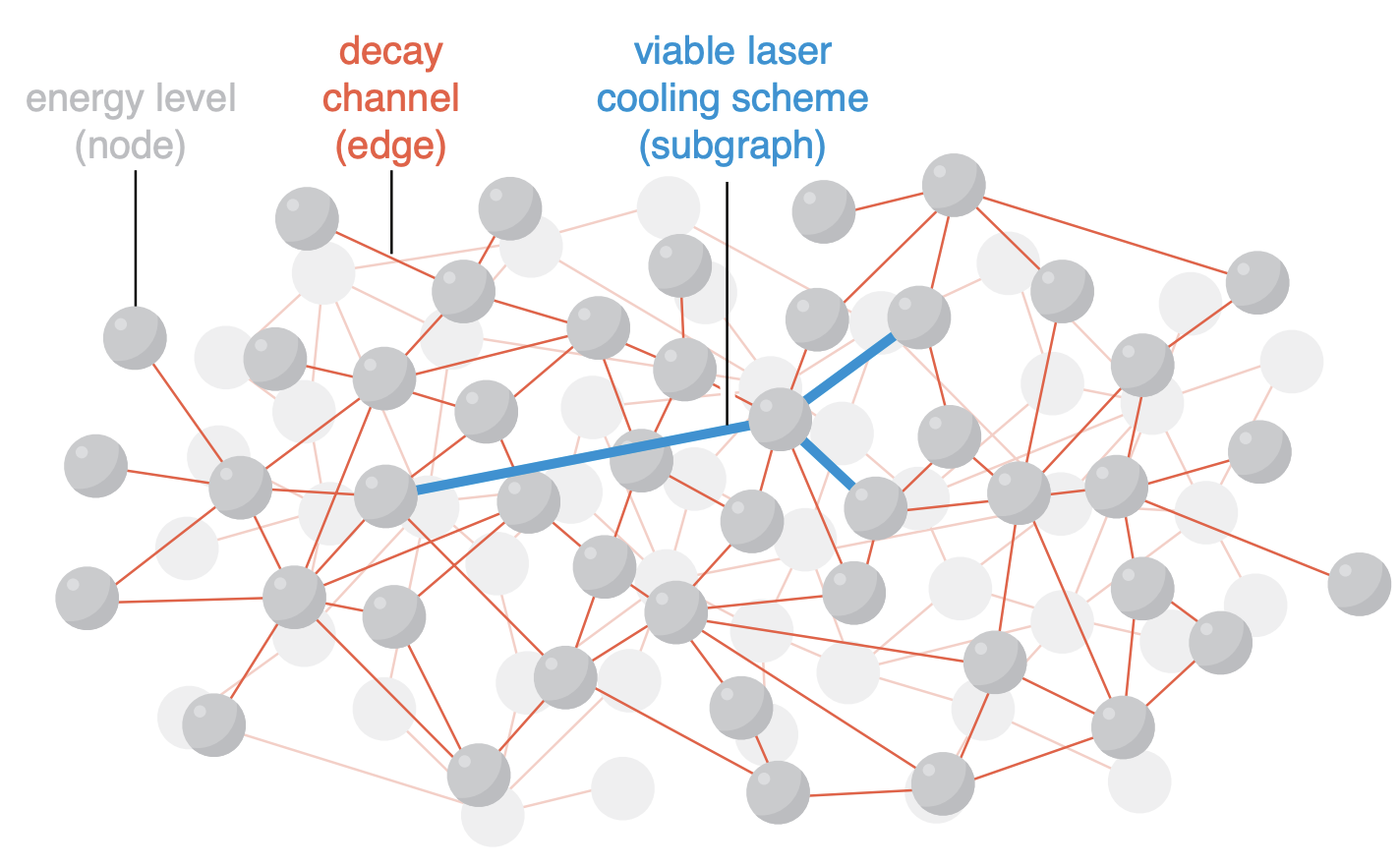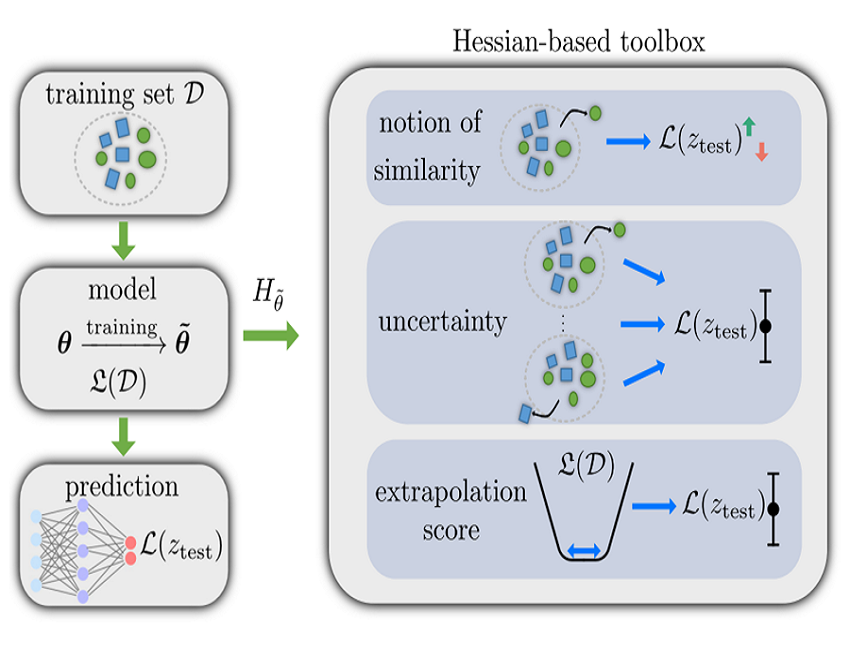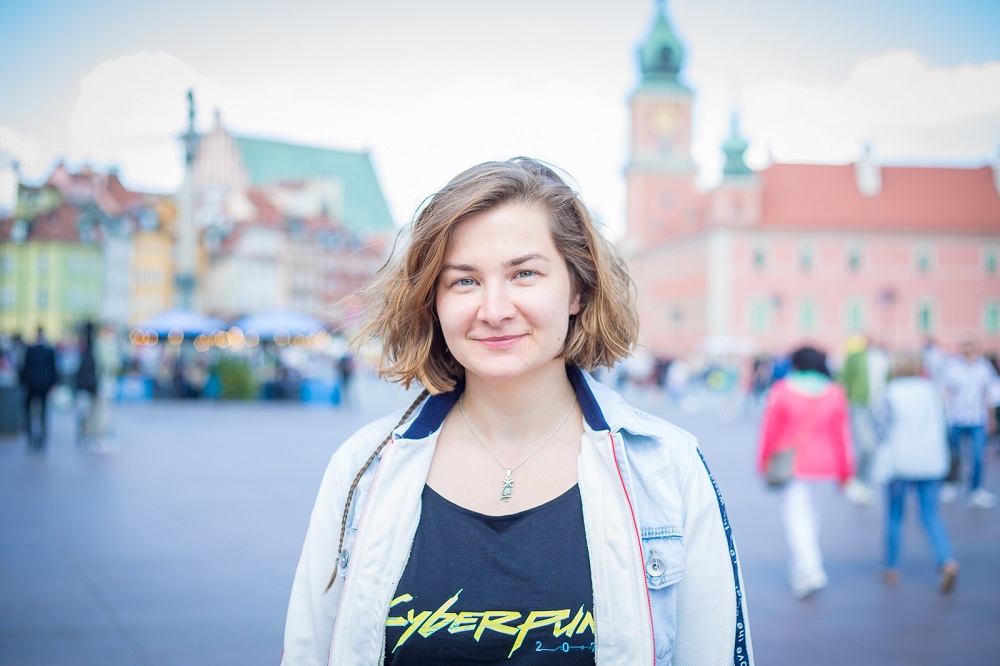
Photo by Ola Sierant
Castle Square, Warsaw
Dr Anna Dawid
Quantum physics & machine learning scientist,
theatre and games enthusiast.
Hi! I’m a research fellow at the Center of Computational Quantum Physics of the Flatiron Institute in New York, happily playing with interpretable machine learning for science and ultracold molecules for quantum simulations.
I defended my joint Ph.D. degree in physics and photonics in September 2022 under the supervision of Prof. Michał Tomza (Faculty of Physics, University of Warsaw, Poland) and Prof. Maciej Lewenstein (ICFO – The Institute of Photonic Sciences, Spain). Before, I did my MSc in quantum chemistry and BSc in Biotechnology at the University of Warsaw.
Research directions
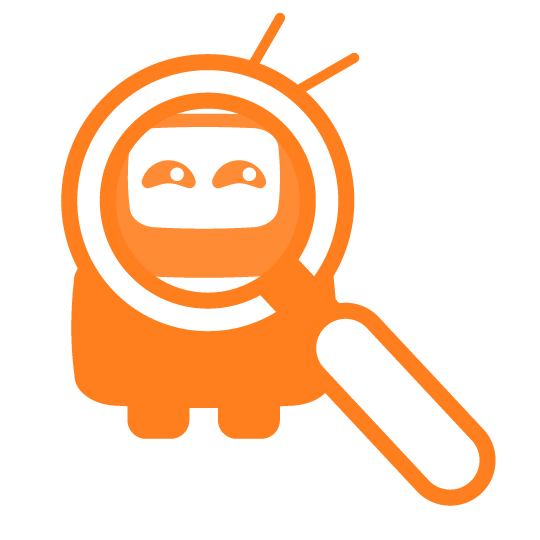
Understanding machine learning
Why overparametrized models generalize so well? Is generalization related to the flatness of the training loss minimum? What is the reason for double descent? What data features are learned by machines?
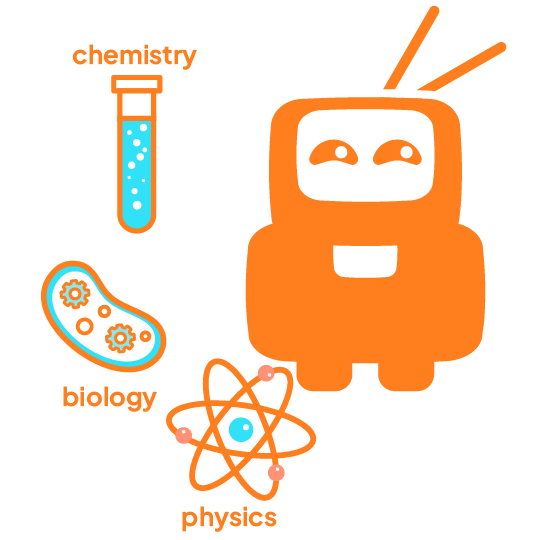
Machine learning for sciences
How to boost quantum experiments with deep learning? How to automatically detect local and global order parameters of quantum phase transitions? Can we learn new physics from trained neural networks?
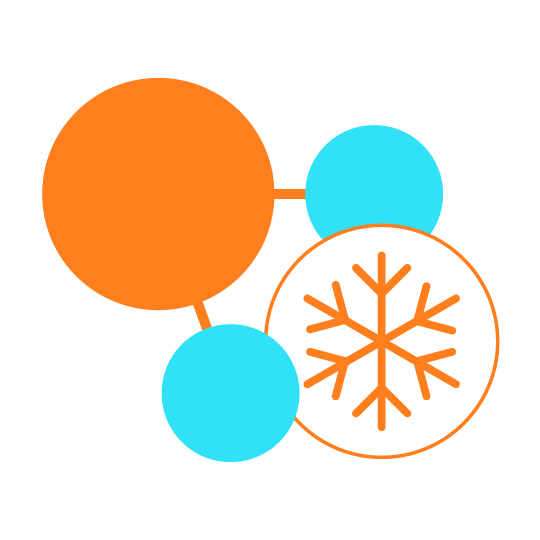
Ultracold molecules
What happens when we have both magnetic and electric excitations which are additionally coupled? Can we go beyond diatomic molecules with diagonal Franck-Condon factors with laser cooling?
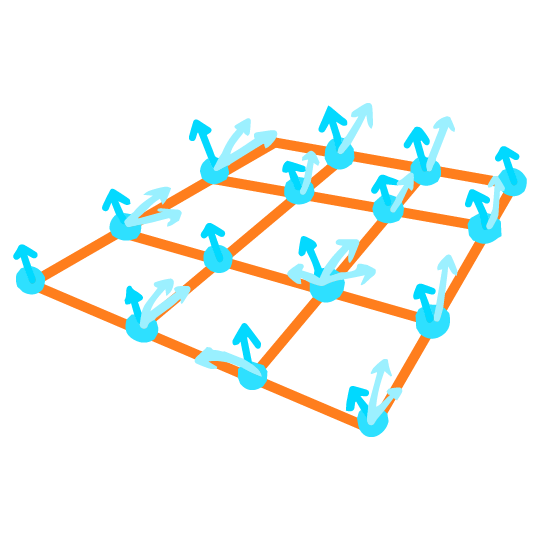
Quantum simulations
What novel phases of matter can we design? How to understand high-temperature superconductivity with quantum simulators?
Featured publications
A. Dawid, N. Bigagli, D. W. Savin, S. Will. Automated detection of laser cooling schemes for ultracold molecules. arXiv:2311.08381 (2023).
See the summary on X!
A. Dawid et al. Modern applications of machine learning in quantum sciences. arXiv:2204.04198 (2023). Cambridge University Press (in press)
See the summary on X!
A. Dawid, P. Huembeli, M. Tomza, M. Lewenstein & A. Dauphin.
Hessian-based toolbox for reliable and interpretable machine learning in physics.
Mach. Learn.: Sci. Technol. 3, 015002 (2022).
See the summary on X!
News

Nov 14, 2023
Exciting new work on arXiv! With awesome experimental collaborators, we developed a graph algorithm to identify laser cooling schemes straight from spectroscopic data! Spoiler alert: it’s really fast, and results are super promising!

Oct 24, 2023
We have a contract with Cambridge University Press to publish our book “Machine learning in quantum sciences”! We expect printed copies in July 2024 😉
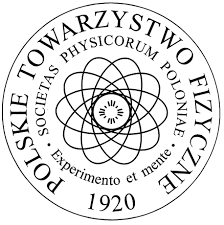
Jul 23, 2023
I won a distinction in the Polish Physical Society contest for the best PhD thesis in physics defended in Poland in 2022! 🙂
